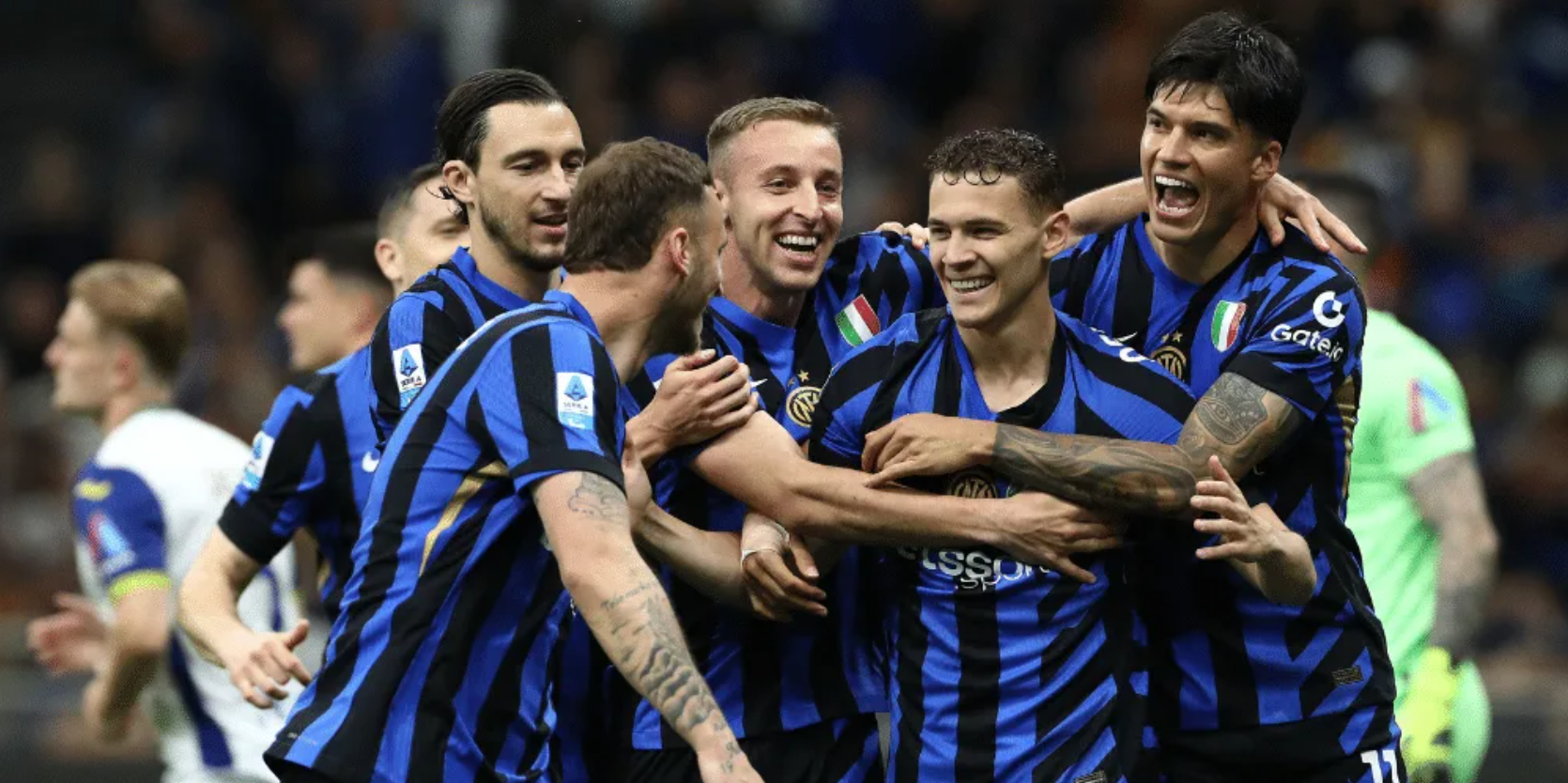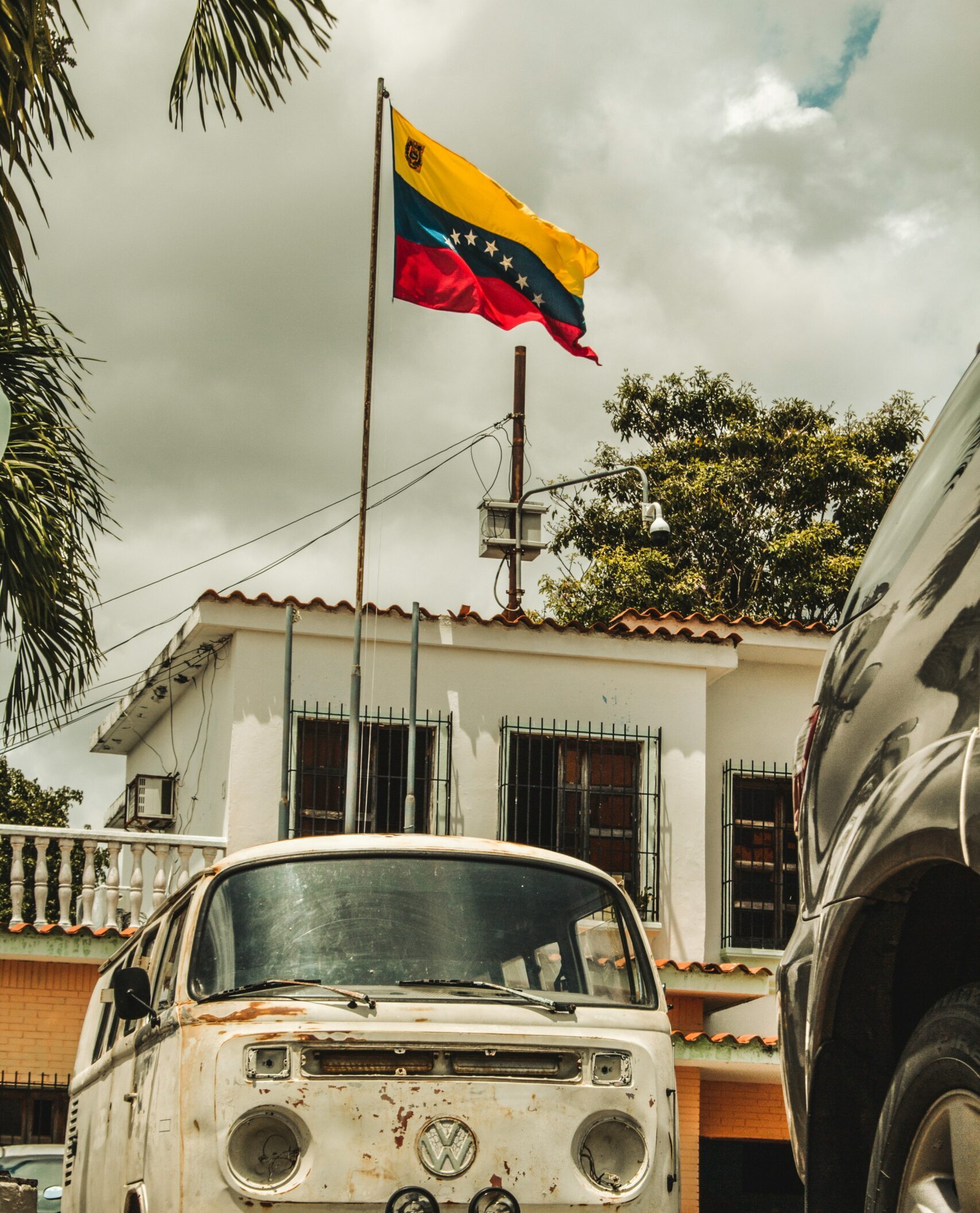Champions League: Inter vs. Barcelona – The Night Chaos Became a Classic
By Maya Carter |
A clash of giants under the lights of San Siro

Last night – May 6, 2025 – the San Siro didn’t just host a football match—it became the crucible for one of the most electrifying Champions League semifinals ever. Inter Milan’s 4-3 victory over Barcelona, clinching a 7-6 aggregate win, was a masterclass in grit, tactical nous, and sheer chaos. This wasn’t a game for the faint-hearted; it was a 120-minute rollercoaster that left fans breathless and analysts scrambling to dissect its brilliance. Inter’s extra-time triumph, sealed by Davide Frattesi’s curling strike, punched their ticket to the Munich final, where they’ll face either PSG or Arsenal. For Barcelona, it was a bitter exit, their defensive frailties exposed under the weight of relentless pressure.
This clash wasn’t just about goals—it was a statement. Inter, a club clawing its way back to Europe’s elite, outlasted a Barcelona side brimming with talent but haunted by inconsistency. For men who live for the raw edge of sport, this match was a reminder of why football commands obsession: it’s unpredictable, unforgiving, and gloriously human.
Inter Milan: The Resurgent Titans
From Shadows to Spotlight
Inter Milan’s journey to the 2025 Champions League final is a tale of redemption. Once a European juggernaut under José Mourinho in 2010, the Nerazzurri spent years in the wilderness, battling financial woes and inconsistent form. Enter Simone Inzaghi, the tactician who’s turned Inter into a disciplined, counterattacking machine. Leading Serie A and chasing a domestic treble, Inter’s 3-5-2 formation—built on a rock-solid backline and lethal transitions—has made them a nightmare for opponents. Their 4-3 aggregate win over Bayern Munich in the quarterfinals proved they could slug it out with the best.
Key to their resurgence are players like Lautaro Martínez, whose nine Champions League goals this season broke club records, and Hakan Çalhanoğlu, a set-piece maestro. Against Barcelona, Inter’s physicality and clinical finishing shone, with Martínez’s 21st-minute opener and Çalhanoğlu’s penalty setting the tone. Even when trailing in the second half, their mental toughness—epitomized by Francesco Acerbi’s 93rd-minute equalizer—kept them alive.
What Sets Them Apart
Inter’s edge lies in their adaptability and home fortress. Unbeaten in 15 Champions League home games at San Siro, they thrive under pressure. Their set-piece prowess, with 14 goals from corners this season, exploited Barcelona’s shaky defending. Denzel Dumfries’ relentless wing-back runs and Yann Sommer’s clutch saves, including two world-class stops against Lamine Yamal, underscore a squad that’s greater than the sum of its parts. As Inzaghi told Sky Sport, “They gave me everything they had.” This is a team that doesn’t just play—it fights.
Barcelona: Talent Undone by Flaws
A Rollercoaster Campaign
Barcelona, under Hansi Flick, has been a paradox in 2025. La Liga leaders and Copa del Rey champions, they’ve scored a staggering 40 Champions League goals this season, nearing their own record from 1999-2000. Lamine Yamal, the 17-year-old phenom, and Raphinha, with 20 goal involvements, form a devastating wing duo. Yet, their high-line, all-out attacking style—while mesmerizing—leaves them vulnerable. The 3-3 first-leg draw at Montjuïc, where Inter capitalized on counters and set pieces, hinted at cracks that would widen in Milan.
In the second leg, Barcelona’s second-half resurgence, with goals from Eric García, Dani Olmo, and Raphinha, briefly swung the tie in their favor. But their inability to defend late, as Acerbi’s equalizer and Frattesi’s extra-time winner proved, cost them dearly. As Raphinha told Movistar Plus, “We can’t concede that many goals.”
Strengths and Stumbles
Barcelona’s attack is their superpower, with Yamal’s solo brilliance and Olmo’s knack for big moments. Their 70% possession in the first leg showcased their tiki-taka roots. But defensively, they’re a liability. Conceding three goals in both legs, often from set pieces, highlights a lack of structure. Flick’s refusal to adapt his high line, as noted by ESPN’s Craig Burley, handed Inter the keys to victory. For a club chasing a treble, this loss raises questions about Flick’s future and whether Barcelona can rediscover their European dominance.
The Match That Defined a Generation
A Game of Momentum Swings
The second leg was a microcosm of both teams’ identities. Inter stormed to a 2-0 lead with Martínez’s clinical finish and Çalhanoğlu’s penalty, exploiting Barcelona’s defensive lapses. The Catalans roared back, with García’s 54th-minute volley, Olmo’s 60th-minute header, and Raphinha’s 88th-minute rebound giving them a 6-5 aggregate lead. But Inter’s never-say-die spirit shone through—Acerbi’s stoppage-time rocket and Frattesi’s 99th-minute curler in extra time sealed a 7-6 aggregate win. Sommer’s heroics, including a point-blank save on Yamal, ensured Inter’s survival.
The San Siro’s 75,000-strong crowd was a force of nature, amplifying every moment. As Alessandro Del Piero told CBS Sports, “It’s unbelievable… a night at San Siro.” This was football at its rawest, a tie that NBC Sports called “perhaps the greatest in the competition’s history.”
Why It Mattered
This match wasn’t just a semifinal—it was a clash of philosophies. Inter’s pragmatic, battle-hardened approach outlasted Barcelona’s flair-driven chaos. For fans who crave the tactical chess and emotional stakes of elite football, this was a masterclass. Inter’s victory sends a message: they’re not just back—they’re here to conquer. Barcelona, meanwhile, must confront their defensive woes to reclaim their throne.
What Lies Ahead
Inter now eyes their fourth Champions League title, their first since 2010, in the May 31 final at Munich’s Allianz Arena. Facing either PSG or Arsenal (PSG leads 1-0), Inzaghi’s men will lean on their homegrown resilience and set-piece dominance. Frattesi, who nearly missed the game due to injury, told Sky Sports, “Everything is possible… We’ll do all we can to get Inter to the summit.”
For Barcelona, the focus shifts to La Liga, where they lead Real Madrid by four points. But this loss stings, and Flick’s high-risk style may face scrutiny. As entrepreneurs know, success demands adaptation—Barcelona must evolve to avoid repeating history.
This 7-6 aggregate epic will be dissected for years. Want to weigh in? Drop your take on the match or Inter’s chances in Munich below.
Maya Carter




